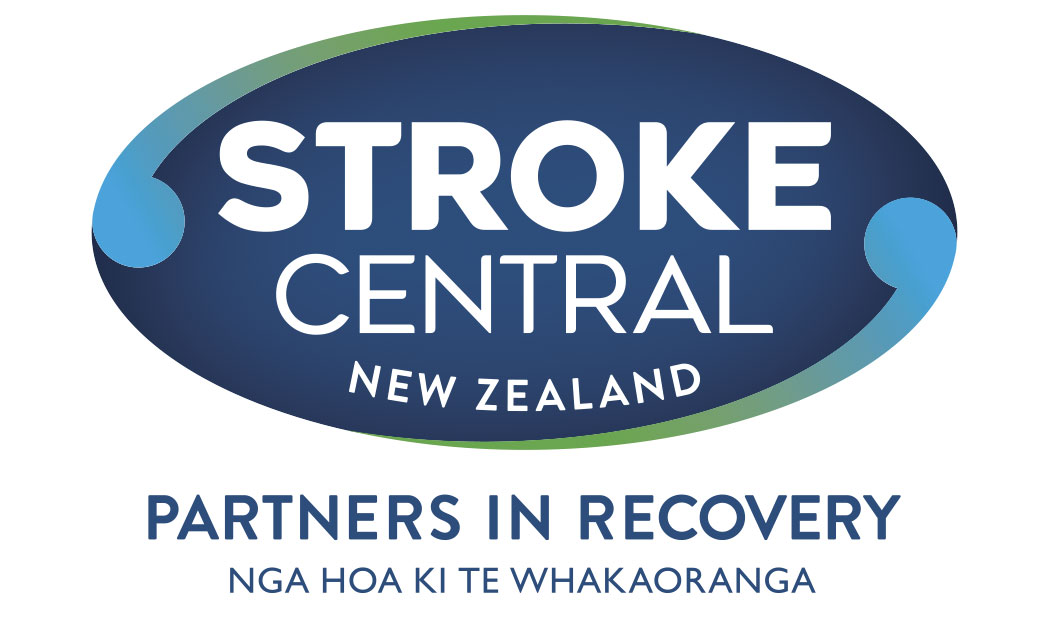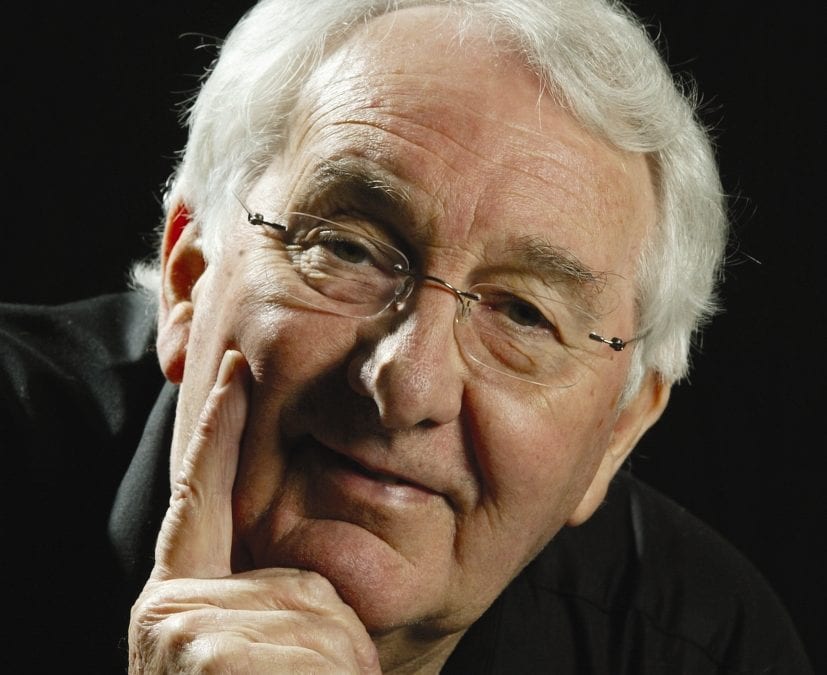Stroke Central New Zealand is a not for profit, member-based support organisation for stroke survivors and their whanau. Their hands-on Field Officer Service is provided free of charge to stroke survivors and their carers and they actively promote Stroke Awareness and Primary Stroke Prevention within New Zealand to reduce the risk of stroke. Raising awareness for stroke is crucial, as “the cure for stroke is prevention – 90% of strokes are preventable”, explains Grace Moulton (President, Stroke Central NZ).
Lee Pownall (CEO Stroke Central NZ) explains that “a stroke is a medical emergency. 1 in 4 people experience a stroke in their lifetime and it is a major cause of adult disability in New Zealand. Many New Zealanders can’t recognise the signs of a stroke and delayed recognition means delayed medical intervention and delayed medical intervention can have tragic consequences, which is why we’ve been actively promoting the F.A.S.T. message over the years”.
Face – Does the person’s face look different? Is one side of the face droopy?
Arms – Can the person raise both arms? Is one side weak?
Speech – Speak a little sentence. Is the person able to? Is the speech slurred?
Take Action – Lost time could be lost brain. Call 111 to get to hospital FAST!
One of Stroke Central New Zealand’s clients, Bob Kerridge(ONZM), has been a member with them following his stroke in 2018, as well as being their ambassador for this years’ Stroke Awareness Month.
Bob’s story “It Will Never Happen To Me” is a reminder that a stroke can happen to anyone, at anytime and without warning.
‘IT WILL NEVER HAPPEN TO ME’
BOB KERRIDGE
I never had any reason to consider that one day I might fall victim to a stroke, the thought never entered my mind.
In my early years as a boarder at King’s great emphasis was placed on success on the sports field, in addition to academic achievements, and so I trained, excessively I might add, to achieve a level of fitness that would propel me to the top both on the track and in the pool. In subsequent years cardiac tests on my heart drew gasps of amazement from the medical fraternity who marvelled at the slowness of the beat, ‘a sign of extreme fitness’ they would tell me.
For the bulk of my working life, including over 30 years heading the SPCA in Auckland, this legacy of fitness remained, allowing me to undertake and endure many projects that consumed both my time and my energies. The SPCA was particularly stressful as I encountered continuous cases of animal cruelty and abuse, numerous occasions where a compassionate and comforting hand was needed for those in distress, public events of varying degrees of exposure needing both intricate planning and seamless execution, and the never ending scrutiny (and use) of the media, so essential in putting an end to public ignorance by educating them, together with other animal atrocities perpetrated by those who have little or no respect for animal life resulting in their mass torment and often the inevitable death of their victims – all issues that desperately needed to be exposed and eliminated.
Inevitably it came time to ‘retire’ to a more leisurely environment, and we determined this would most likely be found in the beautiful Hawke’s Bay in the village of Havelock North. Selling the home we loved, (before the property boom), became a seemingly endless nightmare, and downsizing to a new property we could afford on our reduced budget was equally stressful. A car accident just before we left Auckland, (resulting in a prolonged hospital stay), and the diagnosis of macular degeneration, (putting an end to future driving), were just two added burdens we were forced to carry with us.
Perhaps as a result of these very trying and personal experiences, it should have come as no surprise when one morning I awoke with a numbness on my right side which, as I have been taught, needed to be seen to. It took no time at all for my doctor to declare I had had a stroke, and he made immediate arrangements to admit me to hospital where the diagnosis was confirmed as ‘left parietal infarct with r hemiparesis’. The unthinkable had happened, I was a stroke victim.
Mercifully it was not a major one requiring only four days in hospital, but its effect on me was enormous, requiring retraining of my mental faculties, care and advice on exercises and dietary matters efficiently administered by Stroke Central, and the added loving attention of my wife.
The lesson is quite simple – even although you believe you are fit and resilient to such attacks, and even although you have lived through all the stresses life has thrown you and that you are therefore ‘bullet-proof’, and even although you have lived an exemplary life and are well prepared for any medical misadventure that may happen along, chances are you are not, and that you are as vulnerable as indeed was I.
‘It will never happen to me’ is no guarantee that a stroke will never happen to you, so be aware, and be prepared, and be firm in your resolve that ‘this stroke will not stop me’.
Bob Kerridge will be a guest speaker at the Stroke Central Online Café on 24th March 2021 at 11am!
To receive Zoom details for the Free Online Cafe simply email [email protected]
To support Stroke Central New Zealand’s Free Stroke Support Services, Text ‘stroke’ to 5339 to donate $3.
For more info visit www.strokecentral.org.nz
BACKGROUND: Bob Kerridge was the CEO of SPCA Auckland for 32 years and latterly President of the RNZSPCA. He is an Officer of the NZ Order of Merit (ONZM) for services to animal welfare and governance, a Knight of Justice with the Order of St John (KStJ), and a Justice of the Peace (JP). He had his stroke in September 2018.


Recent Comments